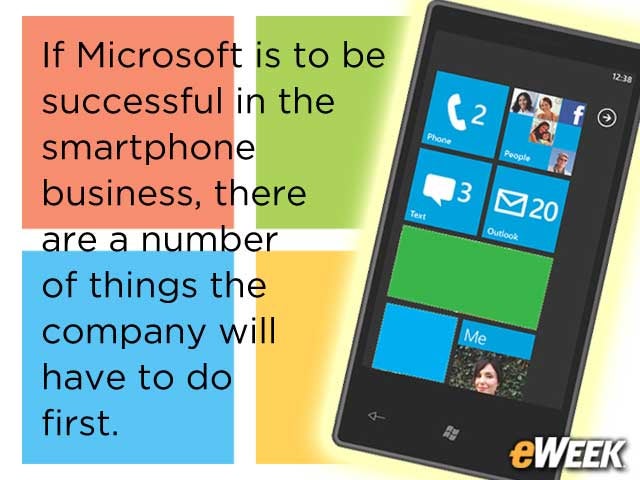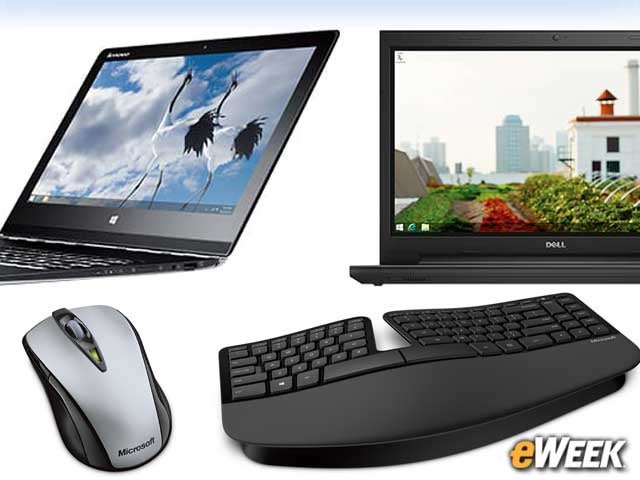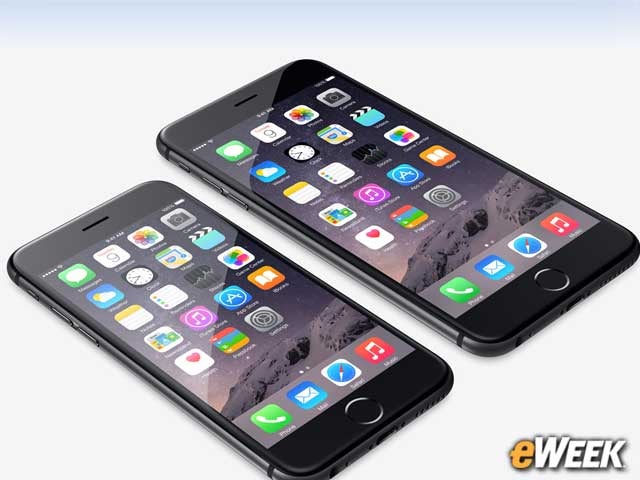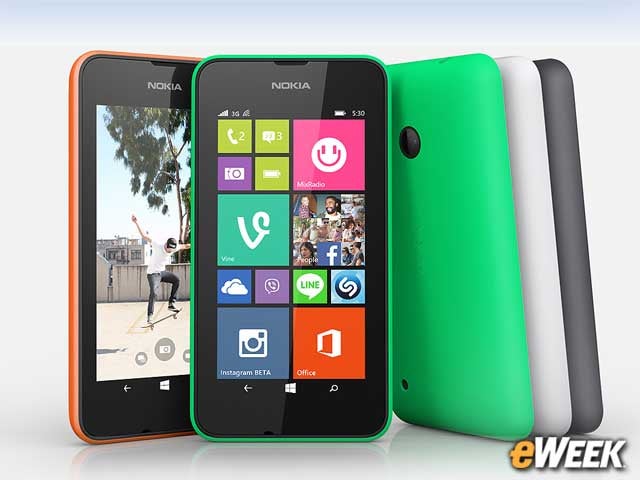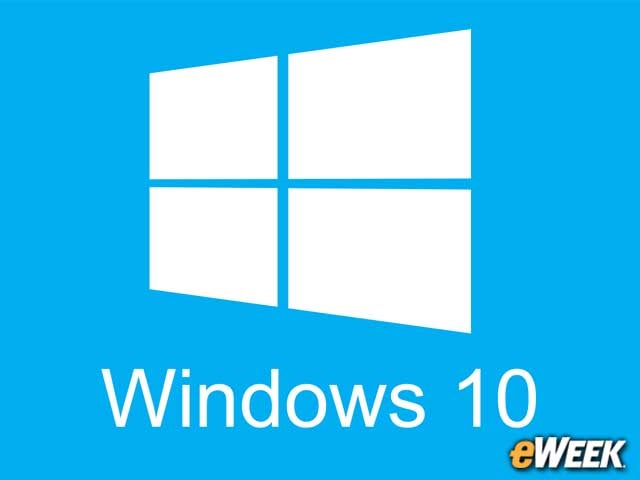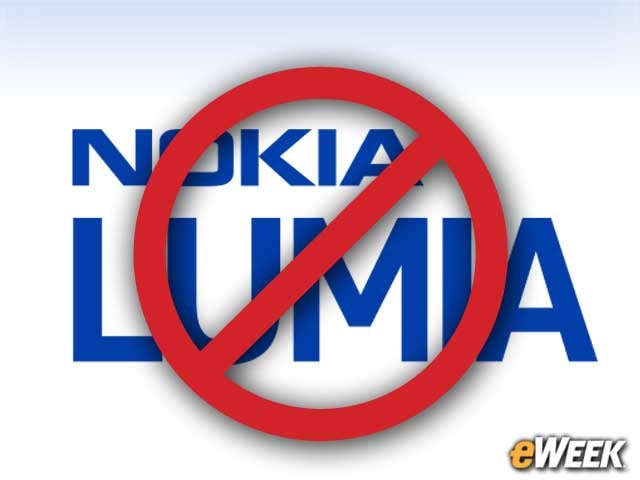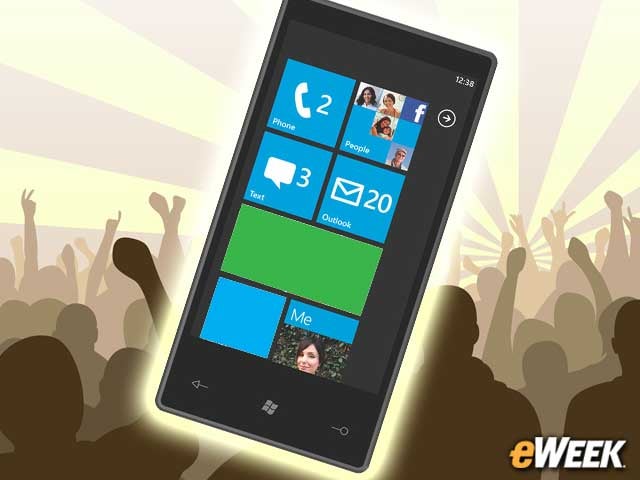eWEEK content and product recommendations are editorially independent. We may make money when you click on links to our partners. Learn More.
2Don’t Ditch the Hardware Business
First things first, Microsoft, don’t even think of ditching the hardware business. Microsoft CEO Satya Nadella has said that the company must be “mobile-first,” and to sustain this goal it cannot turn its back on hardware. Software is Microsoft’s primary business. But the company has to have high-quality devices that demonstrate what Windows can do as a mobile operating system to act as a catalyst for market growth.
3Build Global Software Partnerships
One of the key ingredients in Google’s Android success has been the company’s ability to build partnerships with vendors around the world. Hardware makers both big and small have built Android devices, making this mobile operating system dominant worldwide. Microsoft must make a concerted effort to expand partnerships with existing companies, like Samsung, and try to sign on new mobile hardware makers. This is essential if Microsoft wants Windows to compete with Android.
4Don’t Ignore the Top End of the Market
If the iPhone 6 and 6 Plus have proved anything, it’s that building devices for the top end of the market can be a lucrative business. Higher-end devices carry higher margins, and they also are popular with people in developed countries. If Microsoft can keep its hardware business running, the company should build products that can compete with the iPhone 6 and Samsung Galaxy S6.
5But Don’t Neglect Emerging Markets
With developed markets covered, Microsoft must then turn its attention to emerging markets. The company’s lower-end Lumia smartphones already address that market, but it’s not doing enough. Perhaps Microsoft could build an Android One-like competitor or simply go all-in on building extremely low-cost smartphones. Either way, appealing to emerging markets is crucial.
6Take Greater Advantage of the BYOD Trend
Microsoft has arguably not done enough with Windows Phone and Windows 8 to appeal to the bring-your-own-device (BYOD) market opportunity. Looking ahead, the company should build devices and applications that allow for greater security in the workplace and more usability in the home. Microsoft has already formed a division focused on BYOD, so now all it needs to do is make good on that division’s promise.
7Make the Most of Windows 10 in the Mobile Space
Windows 10 will play a crucial role in Microsoft’s business strategy in the coming years, but will be especially important in the mobile space. Microsoft prove that Windows 10 is an operating system that developers will want to capitalize on and vendors will want to use. Windows 10 is the future. Microsoft knows it. Now it needs to prove it to everyone else.
8Move Away From the Nokia and Lumia Branding
Microsoft’s decision to ditch the Nokia name was a smart move, but it was only a half-step in the right direction. The company must now get rid of the Lumia branding along with all signs that it acquired Nokia’s mobile device business. The Nokia brand is associated with an earlier era in smartphone design and is now generally looked at unfavorably around the world. The sooner Microsoft can distance itself from the Nokia and Lumia brands, the better.
9Attract More Developers to the Windows Mobile Platform
One of the best things Microsoft can do for itself as it looks to its mobile future is attract more developers to its platform. The vast majority of developers are focusing their efforts on Android and iOS and look at Windows Phone as a distant third option. That’s a problem. Microsoft needs to find new ways to attract more developers to Windows so it can get more apps on its platforms.
10Make Microsoft’s Software Solutions ‘Sticky’
Satya Nadella said last year during an interview that his goal was to make Microsoft’s software and cloud applications appealing to people on all platforms. That’s important. But he can’t forget the importance of making those applications and services especially appealing on a Windows smartphone. Microsoft needs to make Windows mobile apps so appealing that people will flock to its mobile hardware. It’s as simple as that.
11Don’t Be Afraid to Acquire Other Companies
Acquisitions could be an important piece of the puzzle for Microsoft as it looks to build out its mobile business. The Nokia buy looks like a mistake so far. But acquiring a company like HTC, which makes outstanding devices, could be a smart move. For one, it removes HTC from the Android ecosystem and gets the company’s devices expertise firmly in the Windows camp. Buying a currently prominent device-maker seems like a smart idea for Microsoft.
